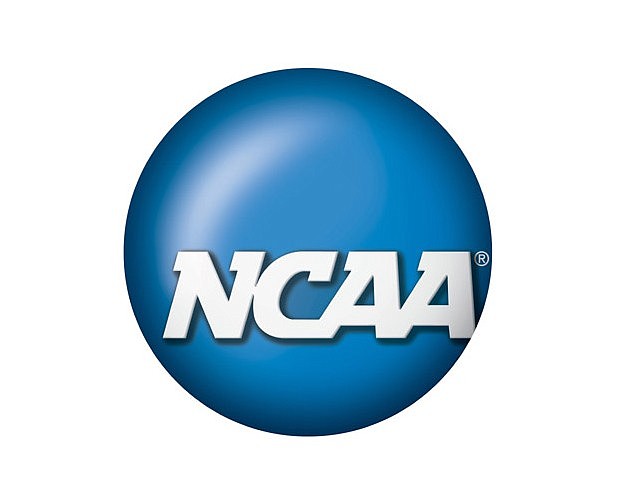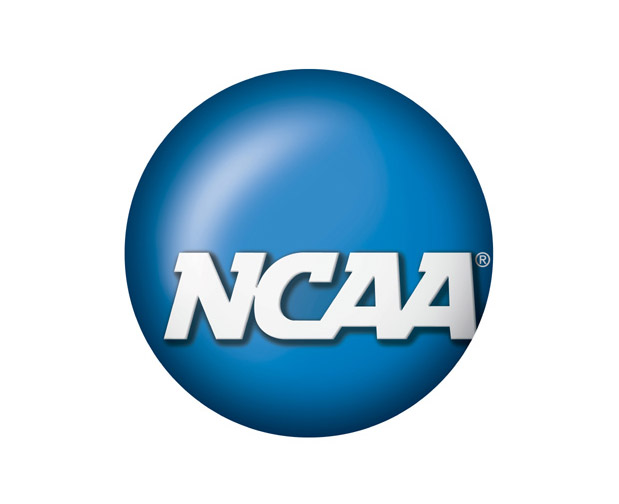Wiedmer: Unwelcome March madness hits NCAA
Friday, March 28, 2014
INDIANAPOLIS - If you go to the Dick's Sporting Goods website today and cue up "Louisville replica basketball jersey," you can purchase a No. 2 tank top for $60 that's remarkably similar to the one Cardinals guard Russ Smith may wear tonight against Kentucky in their NCAA Sweet 16 showdown. Cough up $90 and you can buy a replica of Smith's No. 2 gray short-sleeved tournament jersey.
The player's cut of these sales?
Zero. Nada. Zip.
"I think we should get something," said the senior who leads the defending national champs in scoring at 18.1 points a game. "Especially during the years we play. I don't know what they should do, but I think it's pretty unfair that someone else can make money off our jerseys and we can't."
The Chicago district of the National Labor Relations Board didn't rule Wednesday on whether college players can profit from their likenesses regarding college video games, jerseys and such. That is likely to come later in a lawsuit brought against the NCAA by former UCLA basketball player Ed O'Bannon.
But the NLRB did rule that Northwestern football players could vote on whether or not to form a players' union, determining that those players were "employees" of the university and thus entitled to rights and privileges never before considered when they were seen merely as student-athletes.
Yet because Northwestern is a private school, and university officials have promised to appeal the NLRB decision, what impact this has on public universities -- such as the four who'll take the Lucas Oil Stadium court tonight for their Midwest Regional semifinal games: Kentucky, Louisville, Michigan and Tennessee -- is a long way from becoming known.
Public schools fall under different labor laws. Each state might even be a little different from its neighbor, meaning each university could have different guidelines. It could all become more difficult than filling out the perfect NCAA tournament bracket.
Nor does the Cards' Smith necessarily believe a salary commensurate with his talent would be a good thing at the collegiate level.
"Look, we all knew what we were signing up for when we came to college," he said. "I'm not saying we should get paid a salary. That wouldn't be fair to the other athletes whose sports don't make money, because every athlete at Louisville works hard. But getting something would be nice. I don't know how much. But I have to ask my dad for things sometimes, just to go out and eat or something. That's tough."
Tennessee coach Cuonzo Martin knows tough. He grew up in East St. Louis, Ill., as crime-ridden and impoverished a city as any in the United States.
"Of course, when I was playing I'd say, yeah, pay players, we need some money," he said less than 30 hours before the Vols' Sweet 16 game this evening against Michigan (7:15 p.m., CBS).
"But when you start paying players, who is getting paid? Because if you're paying this athlete, I think all athletes are the same. You pay the tennis player the same as you play the football player. I don't think that changes."
This singular NLRB ruling has the potential to change everything. And fairly quickly, depending on how fast the appeals are exhausted and how swiftly lawyers representing public school athletes figure out the best way to get the same ruling from a different angle.
Imagine players negotiating practice times and days off and such with coaches. Imagine an angry team boycotting a game because its coach broke those agreements. Let that happen and "Chaos" wouldn't only refer to University of Tennessee at Chattanooga basketball coach Will Wade's pressure defense.
"We're a big proponent of student-athlete welfare," Michigan coach John Beilein said. "So I think anything that can focus more discussion on this issue is healthy for everyone."
Martin opened the door for deep discussion, including how to help young people whose families make too much to qualify for government-sponsored Pell Grants but not enough to help their children with incidental expenses.
"Those guys really struggled [during his college days at Purdue], because their parents couldn't give their kids money to wash their clothes, those sort of things," Martin recalled. "There's a fine line. You want money to be able to go to a movie or wash or clothes, but when you're talking about tens of thousands of dollars, I don't know, because then it becomes a pro sport."
CBS analyst Greg Anthony played on one of the most dominant NCAA champions ever -- the 1990 Nevada-Las Vegas Runnin' Rebels, who destroyed Duke by 30 points in that year's title game. So poor in those days that he could qualify for anything the government allowed, he believes the college model long has been a pro sport for everyone but the athlete.
"No matter what they say, an athletic scholarship is a yearly contract," Anthony said. "They can take it from you in an instant at the end of the year. I came from poverty. My mother was a maid. She had four children by three different men. I had nothing, but our team was generating all this money, millions of dollars. We couldn't even work.
"Being a major college athlete is a full-time job. They desperately need to find some way to pay these kids enough that they don't have to eat every meal at the student union, that they can take their dates to a movie, stuff like that."
He paused for a moment, a small smile forming on his face.
"All of this has actually made these athletes better students," he said. "They're economics students now. They're really learning the economics of the NCAA."
One royalty-free (for the players, at least), $90 replica tournament jersey at a time.
Contact Mark Wiedmer at mwiedmer@timesfreepress.com

